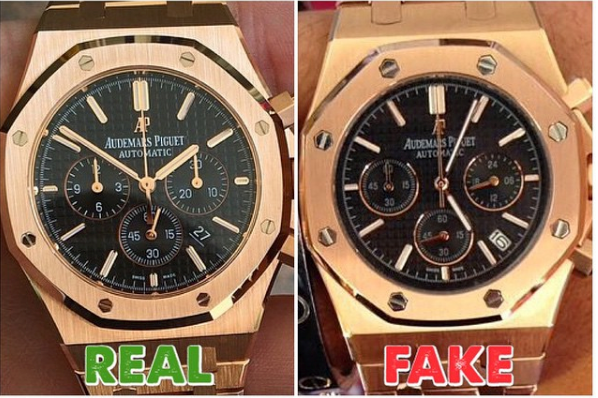Can a Watch Company Sue You for Buying Replica Watches?
n
The world of luxury watches is both fascinating and complex. For enthusiasts, the allure of owning a high-end timepiece is undeniable. However, the high price tags often lead many to consider the alternative: replica watches. But what happens if you decide to purchase one? Can a watch company sue you for buying replica watches? In this article, we will explore the legal implications of buying replica watches and the risks involved.
nn
Understanding Replica Watches
n
Replica watches are designed to closely resemble legitimate luxury timepieces but are usually sold at a fraction of the price. These watches can vary from high-quality fakes to low-quality imitations. While some consumers buy replicas knowingly, others may be unaware that they are purchasing counterfeit products. This is where the legal complexities arise.
nn
Intellectual Property Laws
n
Luxury watch companies invest significant resources into their brand image and product design. As a result, they are keen to protect their intellectual property rights. Most countries have laws that protect trademarks, copyrights, and patents, all of which can be relevant in the context of replica watches. When a company produces a watch that closely imitates a brand’s design, it may infringe upon the brand’s trademark rights.
nn
Can You Be Sued for Purchasing a Replica?
n
The short answer is: generally, no, you cannot be sued just for purchasing a replica watch. In most cases, legal action is directed at the manufacturers and sellers of counterfeit goods rather than the individual consumers. However, there are some important caveats to consider:
n
- n
- Resale Implications: If you decide to sell a replica watch, especially if you misrepresent it as an authentic item, you could face legal action. Selling counterfeit goods is illegal and can lead to penalties.
- Local Laws: The legality of owning a replica watch can vary by jurisdiction. Some countries have stricter laws regarding the ownership of counterfeit goods, while others may be more lenient.
- Intent Matters: If you knowingly purchase a replica with the intent to deceive others or to commit fraud, you could face legal consequences.
n
n
n
nn
Consumer Awareness and Ethical Considerations
n
While purchasing a replica watch may seem like a cost-effective solution for many, it raises ethical questions as well. By buying replicas, consumers indirectly support illegal manufacturing operations that may engage in unethical practices, including labor exploitation and environmental harm. Furthermore, the proliferation of counterfeit goods can undermine the integrity of legitimate businesses.
nn
What to Do if You Own a Replica Watch
n
If you currently own a replica watch, it’s essential to be aware of the potential risks. Here are some steps you can take to protect yourself:
n
- n
- Do Not Resell: Avoid selling the watch or representing it as an authentic item. This can minimize any legal risks associated with ownership.
- Educate Yourself: Learn about the laws regarding counterfeit goods in your jurisdiction to understand your rights and responsibilities.
- Consider Authenticity: If you are passionate about watches, consider saving for an authentic piece. Many brands offer entry-level models that may be more financially accessible.
n
n
n
nn
Conclusion
n
In summary, while it is generally unlikely that you will be sued simply for purchasing a replica watch, there are legal and ethical considerations to keep in mind. Protecting the intellectual property of luxury brands is crucial, and supporting counterfeit markets can have far-reaching consequences. If you are drawn to the world of luxury watches, it is always best to invest in authentic pieces when possible.

